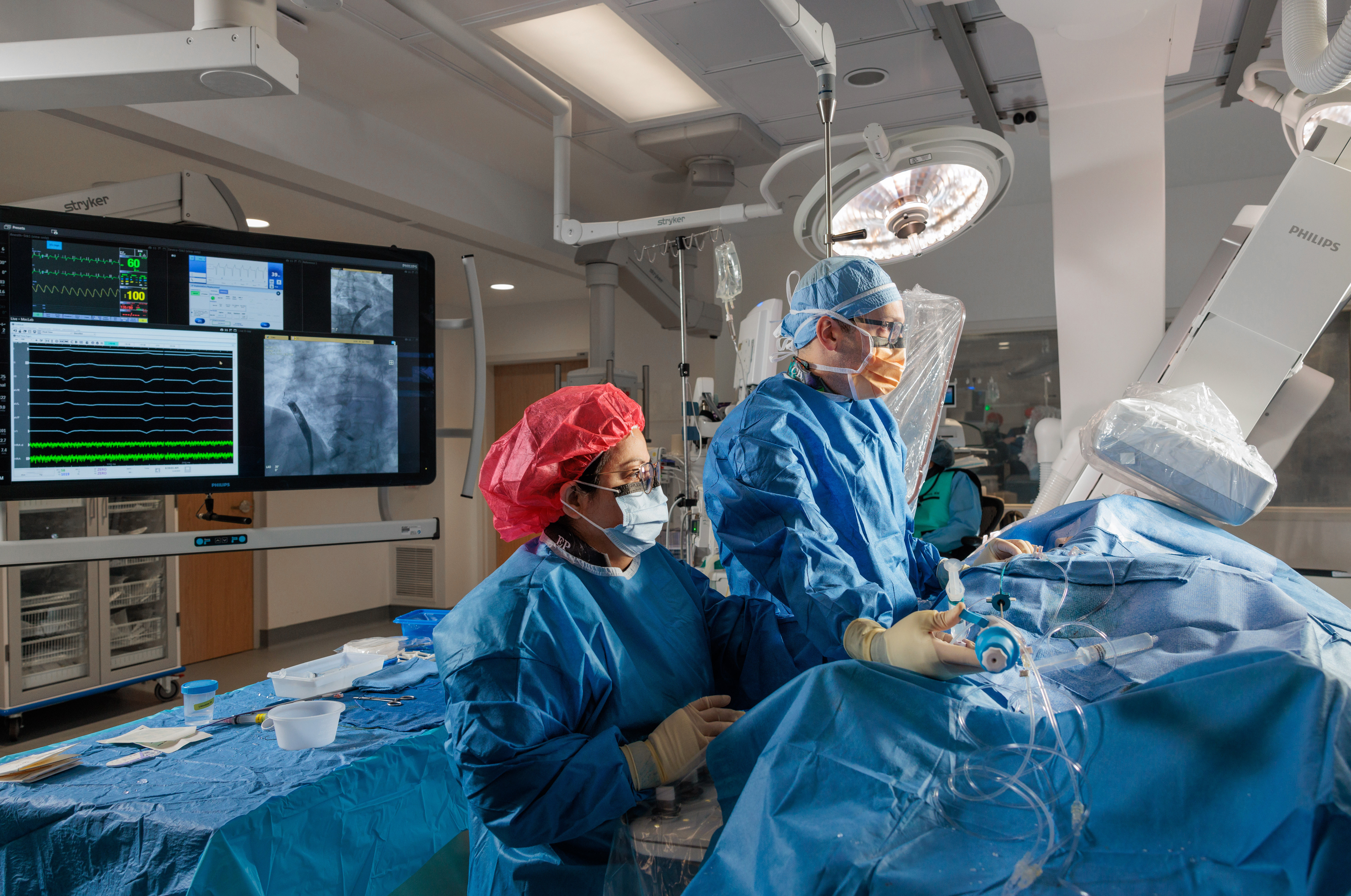
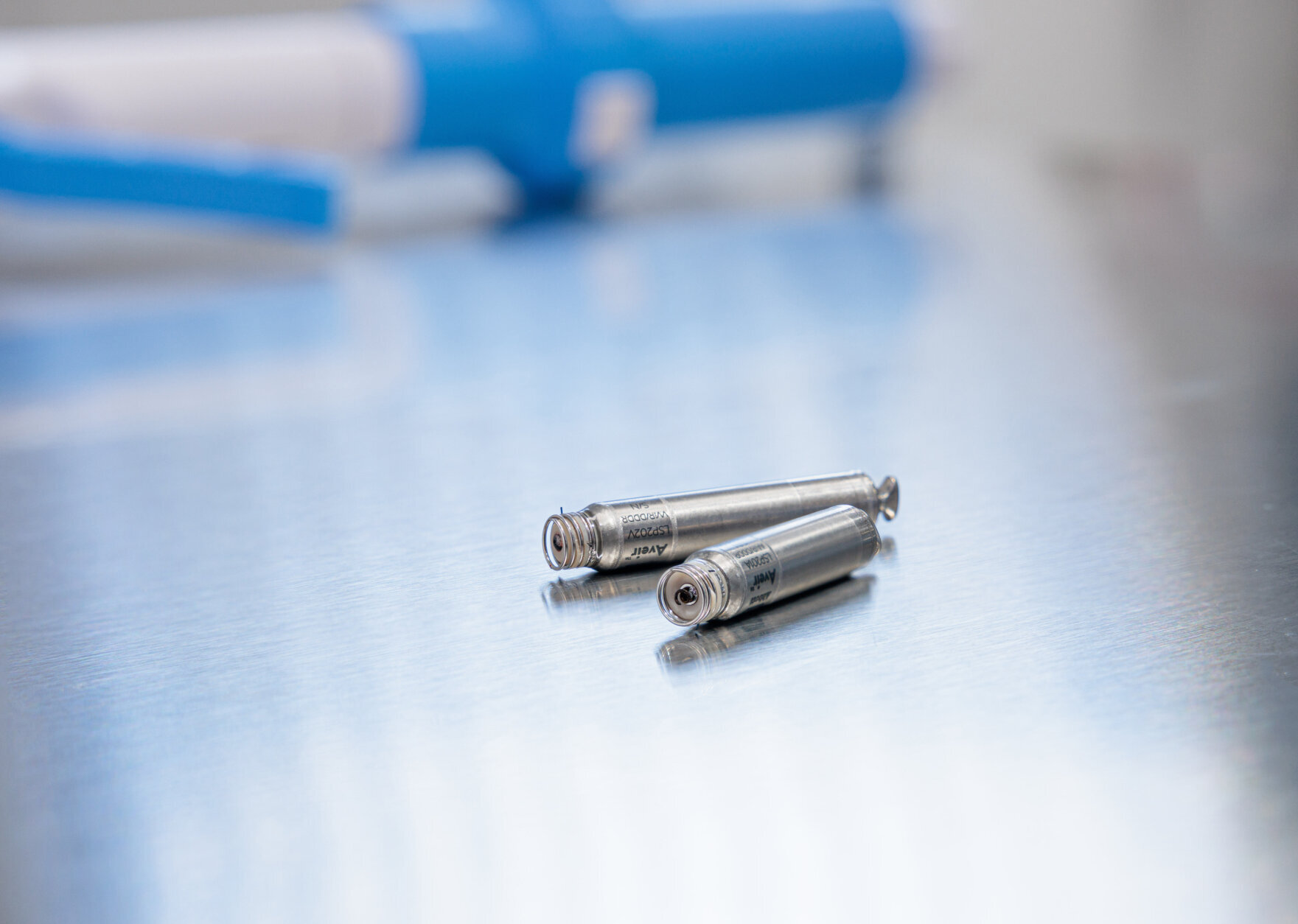
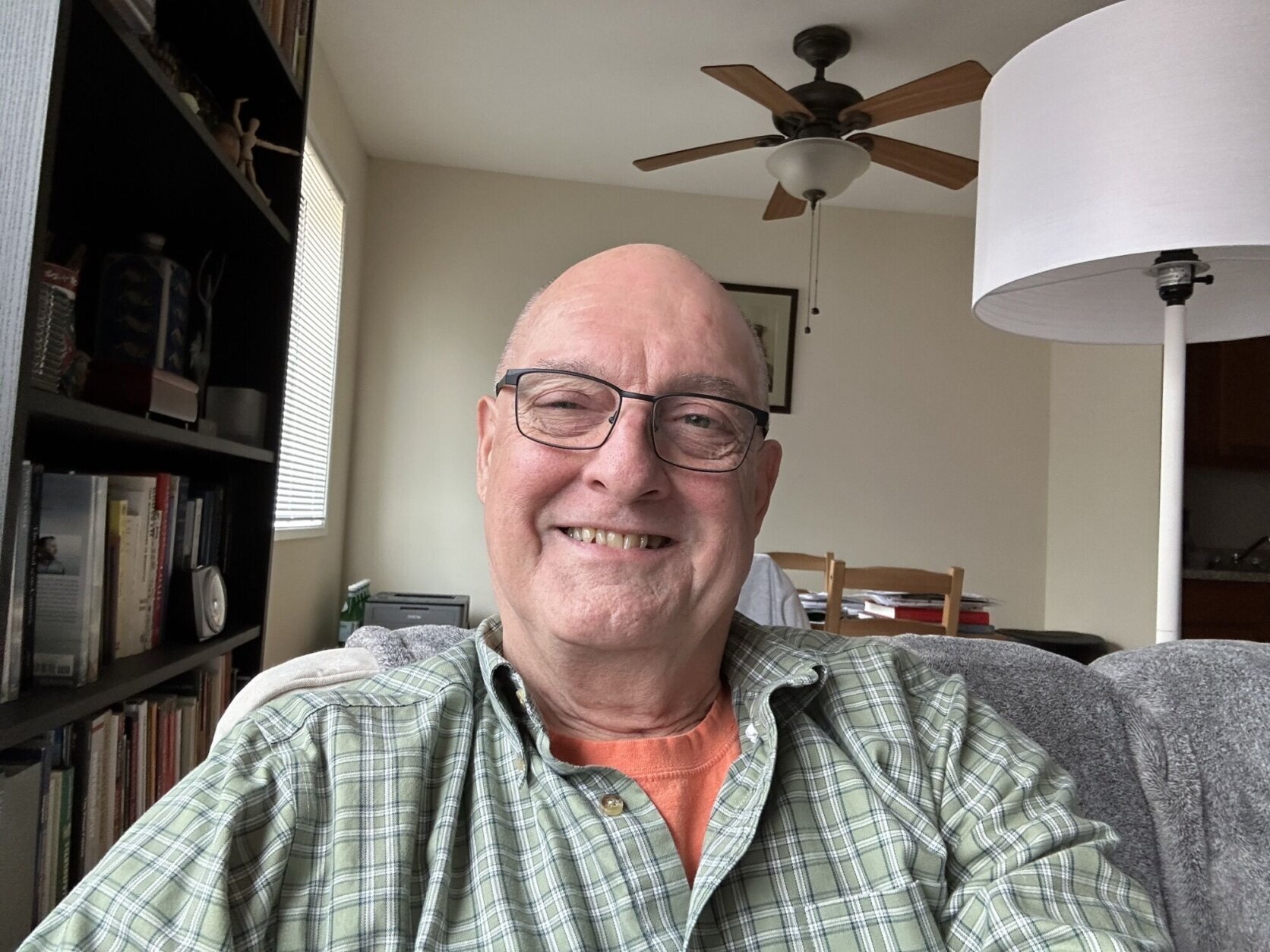
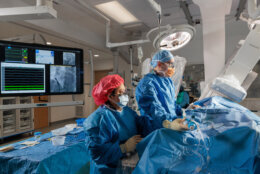
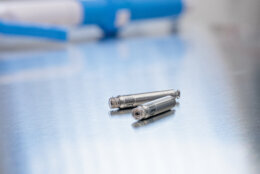
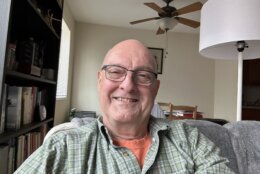
In May of 2022, Allen Gardner of Hyattsville, Maryland, began suffering dizzy spells, especially during his time working as a dishwasher. Some doctors suspected dehydration, but it turns out it was something more, his heart at times would beat too slowly. It is a condition called bradycardia.
Before doctors could figure out the cause, Gardner would suffer a blackout in the sink while at work.
“With the grey curtain, so to speak, and grabbed ahold of the sink in an attempt to keep myself upright and hope that it would pass and then I could figure out what was going on from there, and I woke up on the floor,” Gardner said.
Further testing after that episode would show through monitoring that Gardner’s heartbeat failed to beat correctly several thousand times during the course of a week.
To prevent further dizzy spells and black outs, it was recommended he receive a dual chamber pacemaker. During the discussion about next steps, he was told about a clinical trial at MedStar Washington Hospital Center for a new “wireless” pacemaker that recently received FDA approval.
“You have two wireless components that are tiny, they’re the size of a AAA battery or smaller, and they can individually communicate with one another using a very cool, very sophisticated, ultra-low energy system to keep your heart and rhythm and keep you feeling your best,” said Dr. Cyrus Hadadi, a clinical cardiac electrophysiologist at the hospital.
It’s called the Aveir DR Leadless Pacemaker System, and it is implanted in the heart, through a vein, using a catheter which unlike traditional pacemakers which require cutting the skin, and making space under the skin for the device’s battery.
“There’s no cut on your skin, there’s no bump underneath your skin. Unless your friends and family have X-ray vision, there’s no possible way that they’ll know that you have a pacemaker,” Hadadi said.
It is installed in two parts, according to Hadadi, one which goes in the upper chamber of the heart, the other is placed in the lower chamber. The devices are then able to use a person’s bloodstream to communicate with one another.
Another benefit of the new device is the batteries not only last longer, but they also are easier to replace according to Hadadi.
“I think of it really as almost magical,” Hadadi said.
The recovery is also easier on a patient, according to Hadadi, with most people being sent home the next day, and they have far fewer restrictions of movement in the days that follow, compared to wired devices.
For Gardner, he said the pacemaker has taken away the dizzy spells that once plagued him.
“It takes away me worrying about ‘Okay, so when is the next time I will black out?’” Gardner said.
Hadadi said he’s pleased to see how much better Gardner is doing.
“I think he’s doing much better. He’s no longer bothered by these fainting episodes, and he’s able to stay as physically active as he used to,” Hadadi said.








